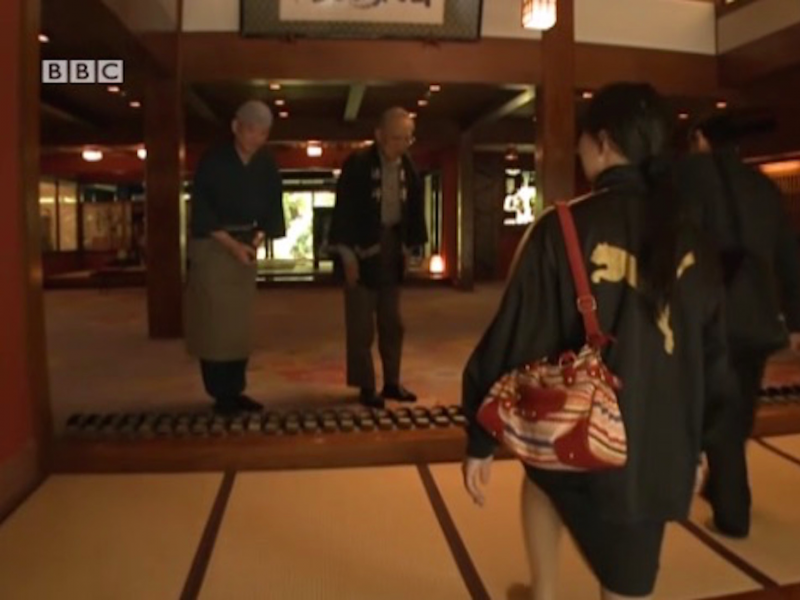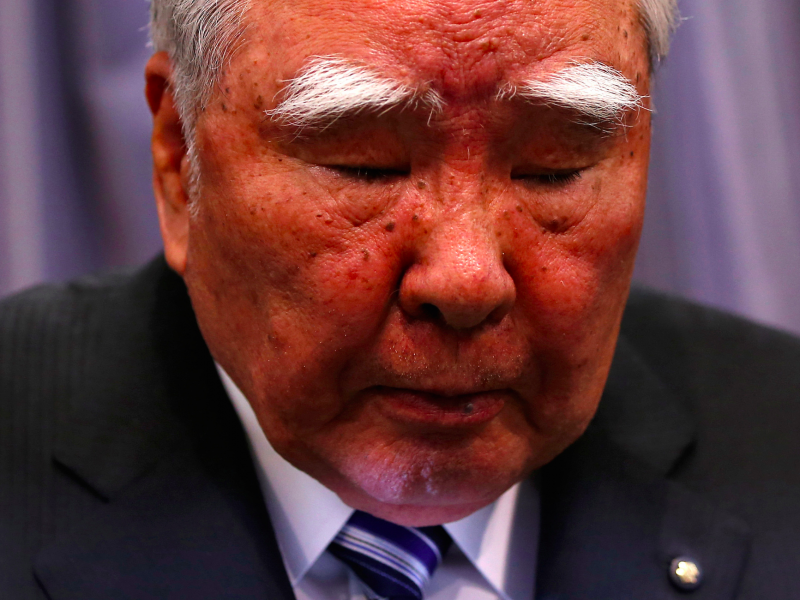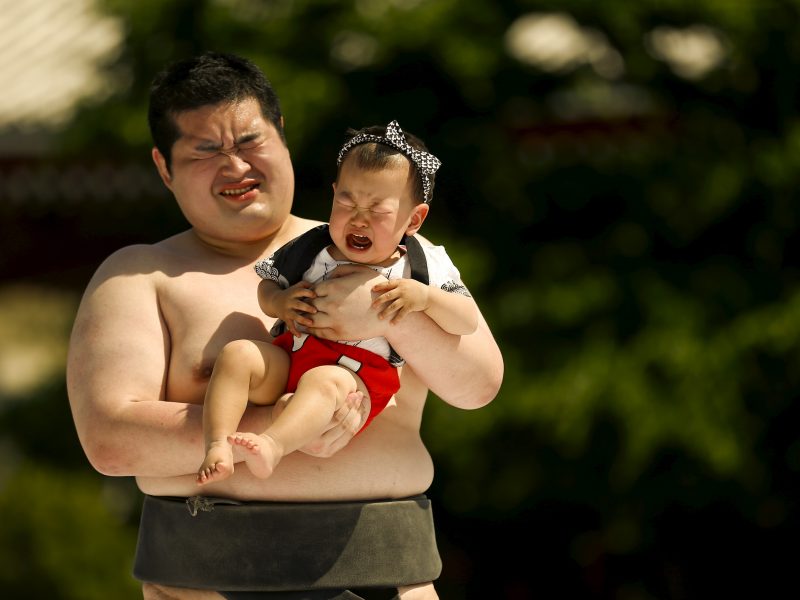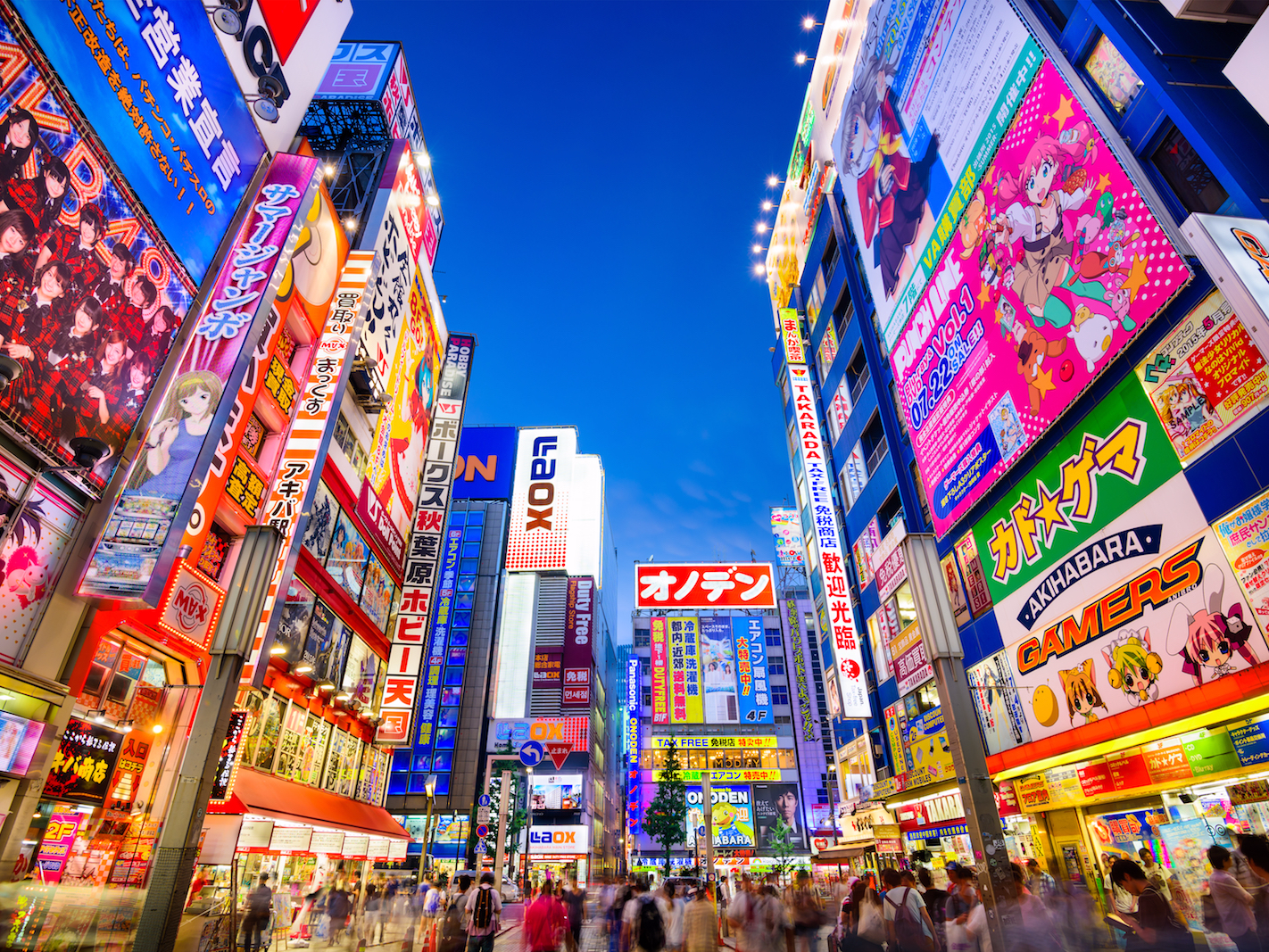In Japan, 98% of adoptions are actually adult men, aged between 20-30 years old – not children.
That is according to government data cited by economist Steven Levitt and journalist Stephen J. Dubner in their book “Freakonomics,” as well as a number of other reputable media outlets also citing government data.
The practice has been covered for decades in academic papers as well, such as “Sons and Lovers: Adoption in Japan” by Taimie L. Bryant for The American Journal of Comparative Law.
In Japan, there is a several-hundred-year-old tradition in which businesses adopt their executives so companies or institutions are “family-run” groups. In other words, bosses adopt their employees.
Where it all started

It all started hundreds of years ago when Japan's civil code dictated how a family's wealth would be passed on after the death of the family elder.
Money and assets were traditionally passed through male lines in the family - starting with the eldest. However, if a family did not have any blood-related sons, the law said that adopted sons could carry on the family name, business, and receive the wealth upon the death of the head of the family.
In households which only have daughters, a family would look to adopt a son, so they could fulfil the role of carrying on the family business as well as receiving and being custodian to the family's cash and assets.
Nowadays, legal adoption of this kind is paired up with an arranged marriage - known as "omiai" - of a daughter, meaning the adopted son becomes son and son-in-law at the same time because he changes his name to the wife's family name ("mukoyoshi").
Why it is huge in Japanese corporate culture

In Japan, there are even matchmaking companies that recruit voluntary adoptees for Japanese corporates.
Some of Japan's most famous companies have remained a "family-run" businesses because of "mukoyoshi," such as carmaker Toyota, which was founded by Kiichiro Toyoda in 1937.
Suzuki is also famously run by adopted sons - in fact, the current chairman and CEO Osamu Suzuki is the fourth consecutively adopted son to run the group.
At the financial services firm Matsui Securities, the group is run by Michio Matsui, its fourth president to be taken into the family.
Multi-nationals are not the only companies that seek "mukoyoshi." The world's oldest family company Hoshi is an inn in Japan that was founded in 781. It has been in the family for 46 generations. When there were only girls in the family, the elders adopted a daughter's husband.
Why it is unlikely this tradition will die

While Japan's civil code has changed since World War II, old traditions die hard.
Plus, Japan continues to suffer from an ageing population crisis. Birth rates have been radically dropping since 1950 and the population is awash with old people.
In September last year, the Ministry of Health, Labor, and Welfare revealed that Japan has broken its own record for most centenarians by population for the 46th straight year.
Nationwide, an entire generation of Japanese citizens - going on two generations, in fact - are entering retirement age. Of the 127 million people who live there, roughly 25% are over 65. (Baby Boomers, by comparison,only make up 13.5%of the total US population.) By 2060, the proportion of people 65-plus in Japan could rise to 40%.
This is a massive problem - the generations that are supposed to replace the elderly are not reproducing, Business Insider's Chris Weller noted last year.
Countries need a "replacement fertility rate" of 2.1 births per woman to keep the population from shrinking. Japan's fertility rate is 1.4 - the result of women focusing more on their careers and the long hours workers typically spend at the office.
As a result, the country's economy has been shrinking for decades.
So when it comes to marriage and carrying on the bloodline, it looks like adult adoption is a practical way to keep the family line going.

